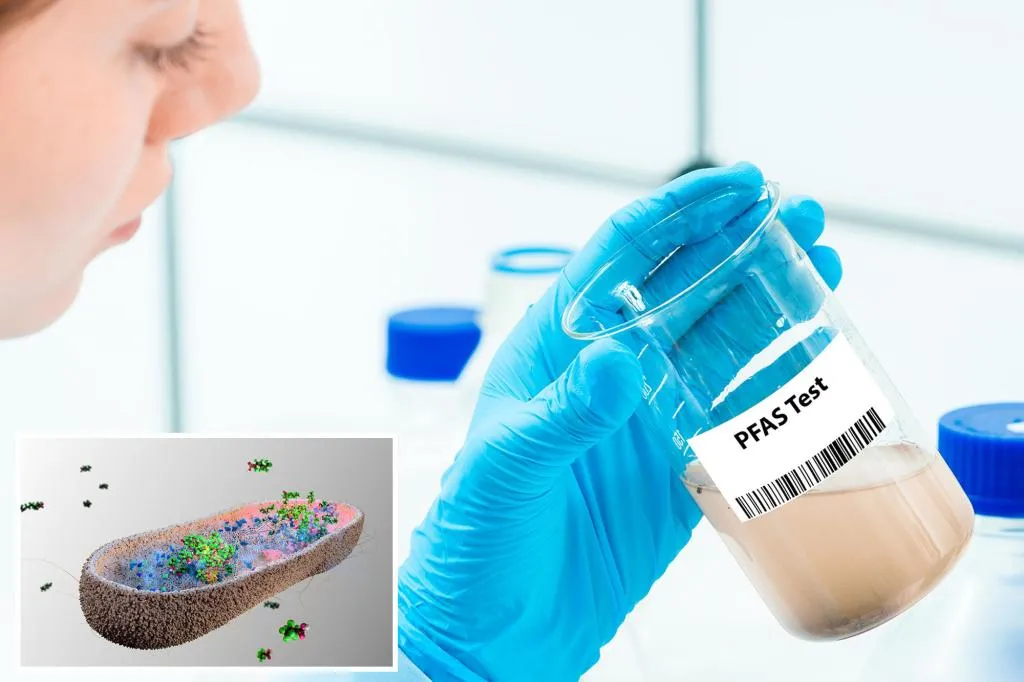PFAS -- synthetic substances that persist in the environment and human body -- have been likened to "slow poisons" that may increase the risk of certain cancers, fertility troubles, liver damage and developmental delays in children.
Researchers have long tried to figure out how to destroy these so-called "forever chemicals," more formally known as per- and polyfluoroalkyl substances.
Now, UK scientists say they have identified a family of gut microbes that can absorb these dangerous molecules in mice -- and remove them from their bodies.
"We found that certain species of human gut bacteria have a remarkably high capacity to soak up PFAS from their environment at a range of concentrations, and store these in clumps inside their cells," explained senior study author Kiran Patil, from the University of Cambridge's MRC Toxicology Unit.
"Due to aggregation of PFAS in these clumps, the bacteria themselves seem protected from the toxic effects," he added.
When Patil's team introduced nine of these species into the guts of mice, the bacteria collected the PFAS that the mice had eaten within minutes.
Then the mice pooped out the PFAS.
The bacteria species gathered 25% to 74% of the toxins, no matter the amount of chemicals the mice consumed.
The findings were published Tuesday in the journal Nature Microbiology.
The researchers need to test this bacteria in humans. If they find similar results, they plan to develop probiotic supplements to boost the levels of these helpful microbes in the gut.
A separate study, published earlier this year, suggested that certain types of fiber, like beta-glucan in oats, can bind to PFAS in the digestive system and potentially flush them from the body.
As research continues on forever chemicals, the study authors recommend reducing exposure by avoiding PFAS-coated cooking pans and using a good water filter.
"The reality is that PFAS are already in the environment and in our bodies, and we need to try and mitigate their impact on our health now," said study co-author Indra Roux, a researcher in the MRC Toxicology Unit.
"We haven't found a way to destroy PFAS," Roux continued, "but our findings open the possibility of developing ways to get them out of our bodies where they do the most harm."
There are over 4,700 PFAS, which are used to make items resistant to water, grease and stains.
They can be found in food packaging, cookware, waterproof clothing, firefighting foam and even certain personal care products, like lipstick.
Some PFAS can be excreted from the body via urine within days, but those with longer carbon chains can linger in the body for years.
